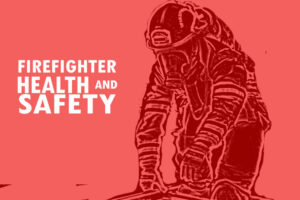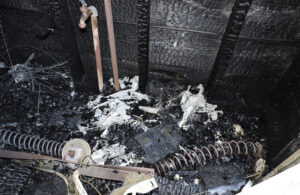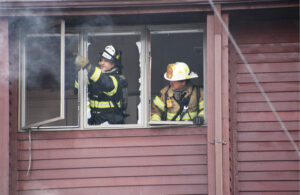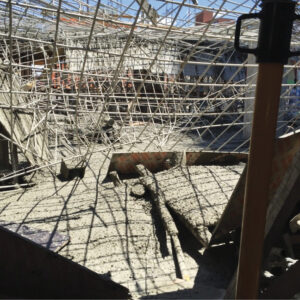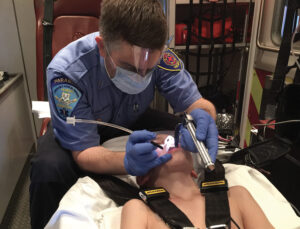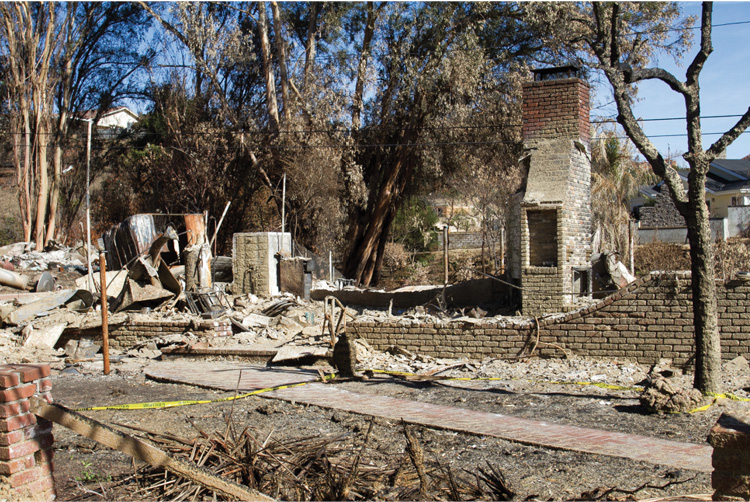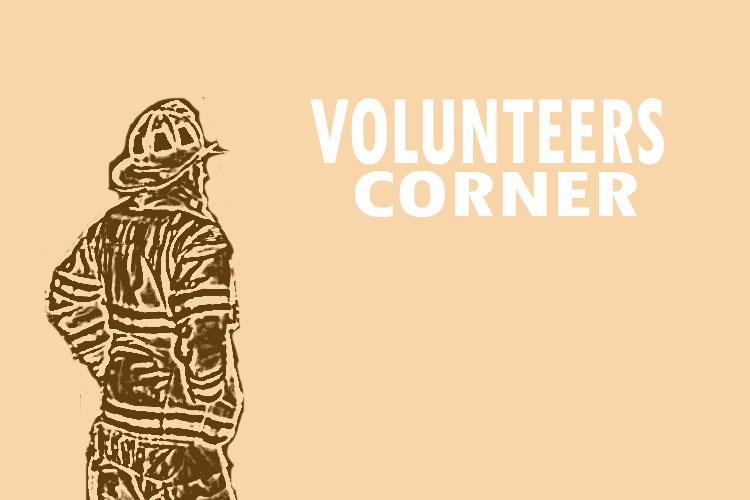Most behavioral health programs available to firefighters and fire service leaders are reactive rather than preventive. For example, there are ample services that aid firefighters in returning to work, but few, if any, that enhance firefighters’ mental abilities while performing their duties effectively, or better still, prior to deployment.

